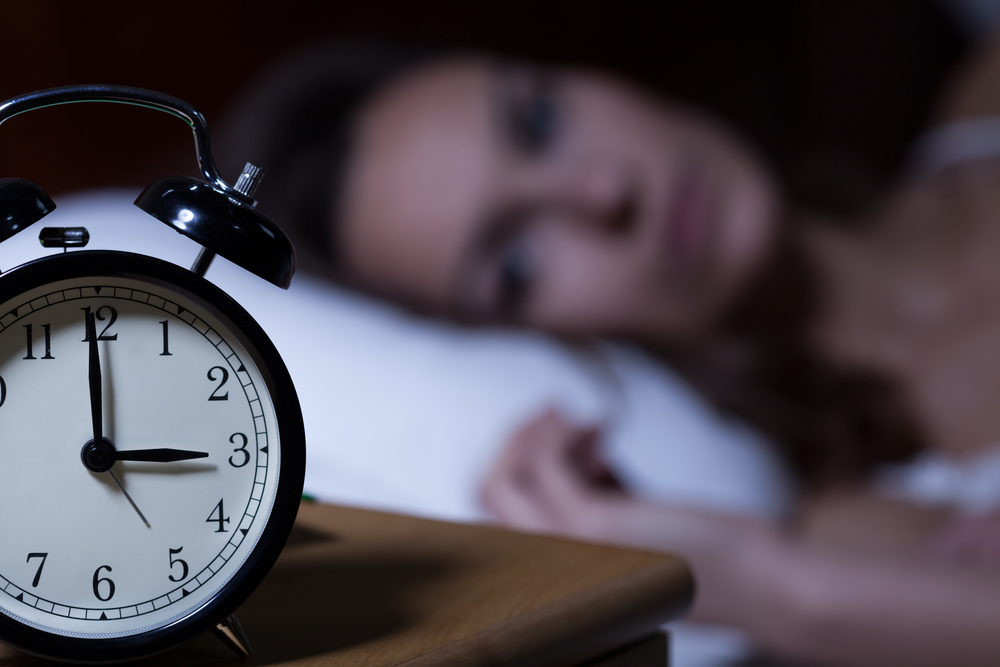Not being able to get a decent amount of sleep on a regular basis can have a huge negative impact on your overall health and well-being. Aside from being tired, not getting enough sleep promotes inflammation (which means pain), weight gain, blood sugar imbalances, anxiety, depression and ironically enough, insomnia. Many of these imbalances are due to the neurotransmitter imbalances that chronic sleep deprivation induces.
While there is no one strategy to help you relieve insomnia and feel better, there are several ways to you can promote better quality sleep and relieve insomnia through your diet.
Things to Avoid In Order to Relieve Insomnia through Your Diet
When it comes to what we eat and drink, we have a lot of control over how our body’s make (or don’t make) the necessary chemical messengers (i.e., neurotransmitters and hormones) necessary to allow us to fall and stay asleep.
Here are a few dietary things to avoid in order to help relieve insomnia with diet:
- Avoid alcohol. A small amount can help induce sleep initially, but it invariably disrupts deeper sleep cycles later.
- Avoid caffeine-containing beverages after lunch. Caffeine is a stimulant and will increase the production of neurochemicals that can keep you up at night and disrupt normal sleep cycles.
- Avoid bacon, cheese, chocolate, eggplant, ham, potatoes, sauerkraut, sugar, sausage, spinach, tomatoes, and wine close to bedtime (i.e., don’t eat them for dinner or later). These foods contain tyramine, which increases the release of norepinephrine, a brain stimulant, which can prevent you from sleeping soundly.
Things to Include In Order to Relieve Insomnia through Your Diet
Next, here are a couple things you should eat in order to promote better quality sleep and establish a more healthy sleep cycle:
In the evening, eat turkey, bananas, figs, dates, yogurt, and whole grain crackers or nut butters. These foods are high in tryptophan, which promotes sleep. Eating half a grapefruit at bedtime also helps some people.
Have ginger, ginger root tea and/or tart cherries for and after dinner. Ginger and tart cherries are two of the few foods that have been shown to contain appreciable amounts of melatonin. Melatonin is the brain chemical that is most often responsible for a person’s ability to fall and stay asleep, so giving your melatonin levels a boost by eating tart cherries and/or ginger close to bedtime may be just what you need. Just be sure and stay away from the sugary versions of these as they can actually detract from your ability to sleep.



